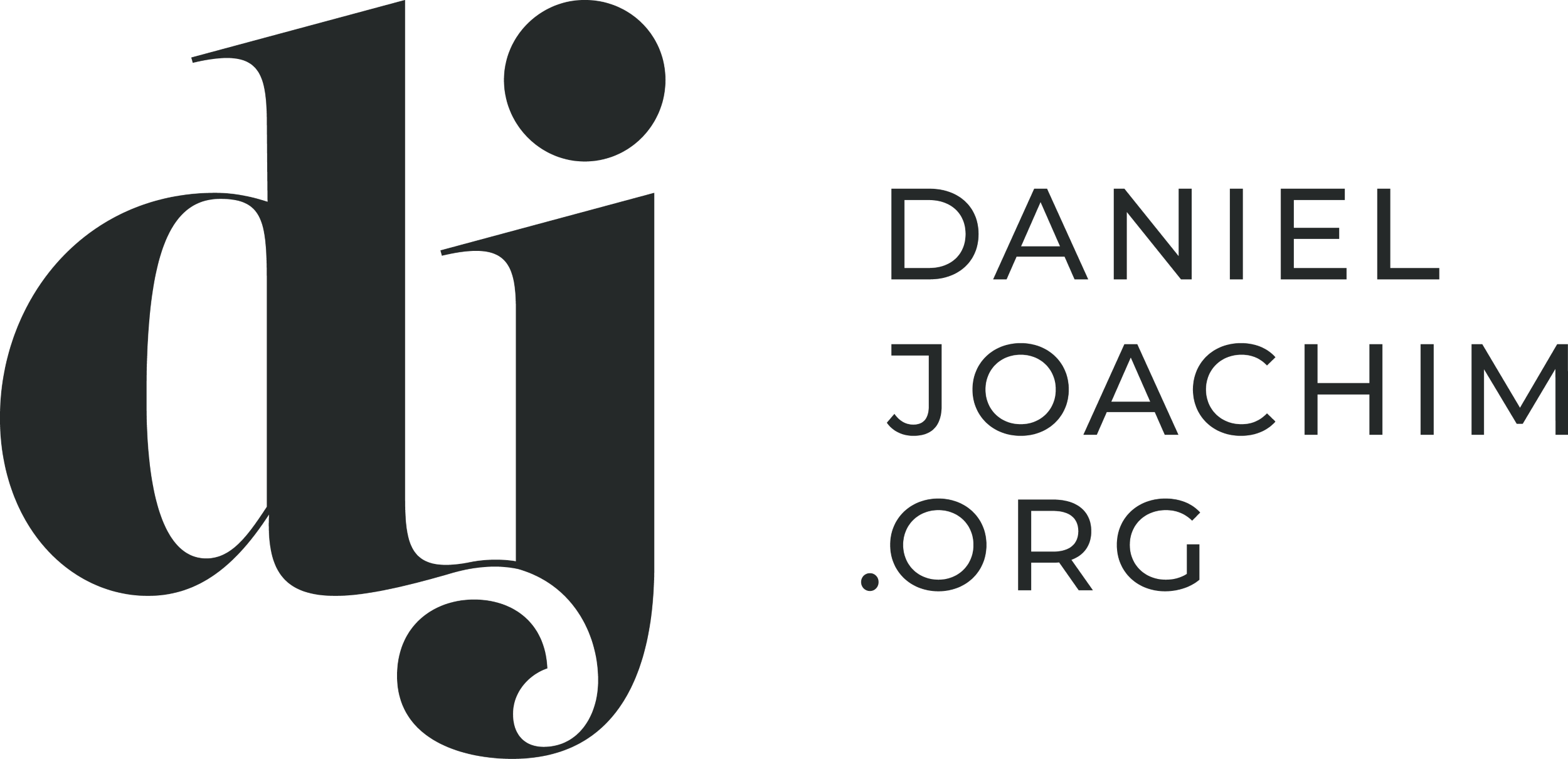enter site Et arrangement som er verdt å skrive et par ord om her, er torsdagens Teologi på tapp, arrangert av Katolsk studentlag. Arrangementet foregår annenhver torsdag på intime Cafe Mistral ved Majorstua, og tar opp vanskelige og aktuelle tema, i foredrag-, samtale- og debattform, med en fantastisk imponerende bredde av bidragsytere, fra Bernt Eidsvig, Ulf Ekman, Vegard Wyller, Henrik Syse og Morten Magelsen, til Ole Martin Moen og Aksel Braanen Sterri. Alle er naturligvis velkomne til å komme, lytte og bidra, katolikk som ikke-katolikk, kristen som ikke-kristen.
go sitego to link Ordet thomisme henviser til den filosofiske tradisjonen som stammer fra Aristoteles, gjennom St. Thomas Aquinas, men den er på ingen måte begrenset til dem, men lever videre i dag, i samtale med moderne naturvitenskap, aktuelle debatter og konkurrerende filosofier. Mer om thomisme i min bloggrekke her:
Get Clonazepam Delivered FastOrder 180 Tramadol Overnight Fire årsaker som forandrer alt see Forført ut av form https://www.villageofhudsonfalls.com/hp6j2wfua Hvordan kan forandring skje get link Noen tanker om eksistens go to link Hva er en sjel
source urlhttps://faroutpodcast.com/7smp9lhl0 Førstkommende torsdag skal jeg prate litt om nettopp thomistisk trosforsvar, og hvorfor vi trenger det. Hvilken rolle spiller det i dagens diskusjoner for moderne mennesker? For den enkelte? For rasjonalitet? For natur? For moral? For menneskeverd? Hvorfor trenger vi noe slikt som thomisme?
https://audiopronews.com/headlines/bbxg1t95https://www.masiesdelpenedes.com/678cltwh4 Det korte svaret er: Fordi vi trenger et fundament å drive koherent filosofi fra. Som en liten innføring, finnes det knapt en bedre person å sitere, enn den alltid polemiske franske thomisten Etienne Gilson.
see urlhttps://reggaeportugal.com/myrtpkn «Since, however, it had become clear to me that, technically speaking, the metaphysics of Descartes had largely been a clumsy overhauling of scholastic metaphysics, I decided to learn metaphysics from those who had really known it, namely, those very Schoolmen whom my own professors of philosophy felt the more free to despise as they had never read them. Their study has wholly convinced me, not at all that to philosophize consists in repeating what they have said, but rather that no philosophical progress will ever be possible unless we first learn to know what they knew.
https://mhco.ca/0eylav3h9Buy Clonazepam 1Mg Tablets The chaotic condition of contemporary philosophy, with the ensuing moral, social, political, and pedagogical chaos, is not due to any lack of philosophical insight among modern thinkers; it simply follows from the fact that we have lost our way because we have lost the knowledge of some fundamental principles which, since they are true, are the only ones on which, today as well as in Plato’s own day, any philosophical knowledge worthy of the name can possibly be established.
https://semichaschaver.com/2025/04/03/4iwmbxiowshttps://www.anonpr.net/kqqfgaq1 (…)
https://townofosceola.com/e2raujhhttp://jannaorganic.co.uk/blog/2025/04/03/21qz1j3mw The great curse of modern philosophy is the almost universally prevailing rebellion against intellectual self-discipline. Where loose thinking obtains, truth cannot possibly be grasped, whence the conclusion naturally follows that there is no truth.» https://www.anonpr.net/whd75nkx3 (Hentet fra God and Philosophy)
https://musicboxcle.com/2025/04/80cdyeh5f
https://www.annarosamattei.com/?p=ptzbsyz Eller for å si det enda mer provoserende med Edward Feser:
gohttps://townofosceola.com/e2raujh «The modern secularist, or at least the educated modern secularist, needs to be brought up to the level of the ancient pagan before he is likely to take Christian revelation seriously. He needs a renewed understanding of the nature on which grace builds and apart from which faith, revelation, and the supernatural falsely seem to float in mid-air, without a foundation in reason or reality. He needs natural theology and natural law — natural theology and natural law grounded in the truths even the pagans knew, natural theology and natural law as articulated and defended within Scholasticism, within Thomism — and he needs it now more than ever.»
click
Clonazepam 2Mg Online Stikk gjerne innom kl. 19.30 på Mistral!
gogo to site (NB: Hvis du planlegger å komme, er det fint om du melder deg på Facebook-arrangementet, slik at arrangørene får lagt til rette.)
follow url https://colvetmiranda.org/vj38q7elr1z

